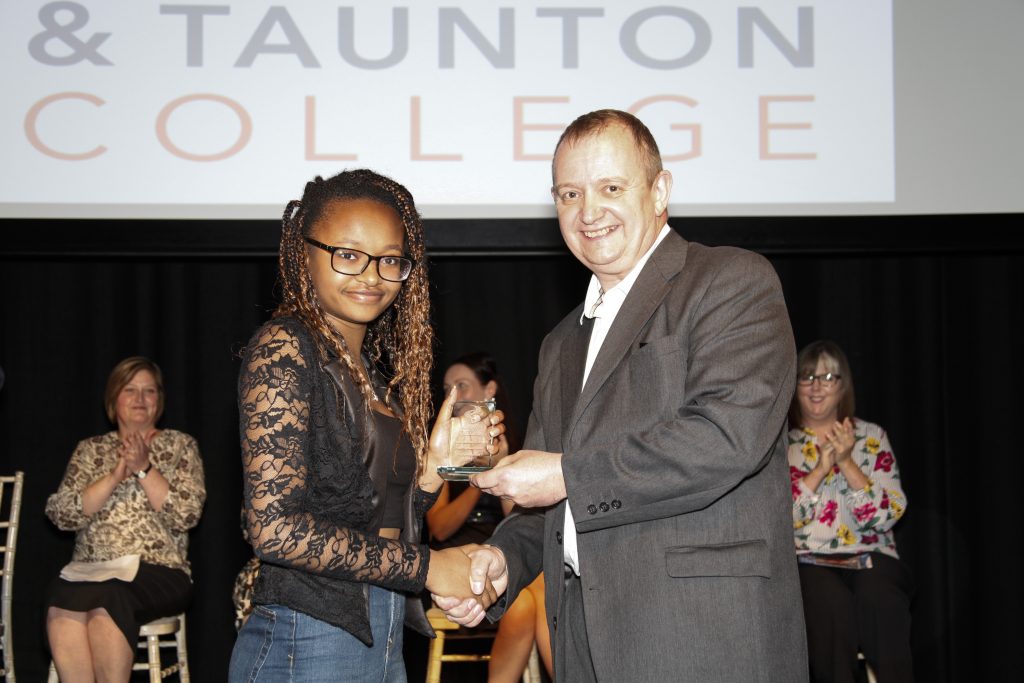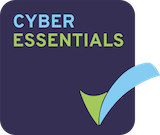Extended Project Qualification (EPQ)
The Extended Project Qualification (EPQ) is valued by many prestigious universities as excellent preparation for undergraduate study and career development.

The EPQ course is highly recommended for any Level 3 student who has the curiosity to explore a topic or question that compliments their main programme. It is also suitable for those who want to learn more about any subject not offered at A Level such as architecture, archaeology or anthropology.
The EPQ is the equivalent of half an A Level and can carry a maximum of 28 UCAS points, depending on what grade is achieved. You are required to choose a topic that you find particularly interesting and conduct a research project to enrich your academic portfolio and develop initiative, as well as research, organisation, reflection and evaluation skills. We have had an outstanding 100% pass rate with 90% A*- B grades.
Although an EPQ grade can’t be used against a university offer (such as AAA), some universities may offer an alternative for candidates such as ABB instead of AAB, providing you get an A in your EPQ.
Universities also recognise the EPQ as a valuable part of your profile on your UCAS application. The EPQ can be used to show your interest in an area of study at a university interview and strengthen your application.
As part of the EPQ enrichment, we deliver masterclasses on researching, referencing, refining a question, project management, report writing and presenting. All students have an appointed mentor matched to their project to help them get the best out of the experience. Students are also able to choose their final EPQ project, format which could be:
• Research-based written report (dissertation)
This type of project is a university-style dissertation on any topic which can be researched and debated. For example, a controversial biological, historical, ethical, philosophical, psychological, economic or environmental issue.
• Field work
This scientific investigative project would involve collecting of data from primary research which may happen within the context of a geographical or biological field study. For example, a study of erosion, a study of pollution or a statistical survey of attitudes concerning a social issue.
• Production (eg. performance, charity event, fashion show)
This type of project involves the development of performance skills and techniques in a creative process, leading to a performance before a designated audience. It can take the form of a response to a brief or performance commission, for example a performance of music, drama or sport.
• Artefact (eg. piece of art, realised design or computer game)
This involves a process of research, design and the application of creative skills in developing and realising a piece of work in response to a client brief. Types of artefact project include creating a painting or sculpture, designing a piece of furniture or a garment, creating a website, solving an engineering or construction problem or producing a piece of graphic design.
Assessment Methods
The report is internally marked and standardised, then externally moderated by the awarding organisation.
Entry Requirements
A keen interest in a specific topic and a successfully written proposal under the guidance of a mentor.
Progression Options
EPQ offers university applicants unique additions to their UCAS applications, CVs and a useful talking point for interviews. It is an excellent foundation for final year dissertation project on Bachelor’s Degree programmes. Many prestigious universities value it as excellent preparation for undergraduate study and many make contextual offers adjusted to recognise the extra effort expended in tackling a supplementary course on their programme.
I chose EPQ because it allowed me to concentrate on something else that you are passionate about. EPQ is about self-independence and preparing you for university. By focusing on a topic you enjoy, it allows you to strengthen your knowledge and have your mind blown by all the new information you have researched, it also adds to your UCAS points.
Kayla Alexander – A Levels (Fine Art, Geology & Psychology)
Next Events See all events...
Latest News See all news...
© 2026 Bridgwater & Taunton College, Bath Road, Bridgwater, Somerset, TA6 4PZ, United Kingdom | Terms / Privacy / Cookies | Accessibility Made by Wave
How we use cookies: This website uses cookies so that we can provide you with the best user experience. To read more about the cookies we use, read our Cookies Policy.




